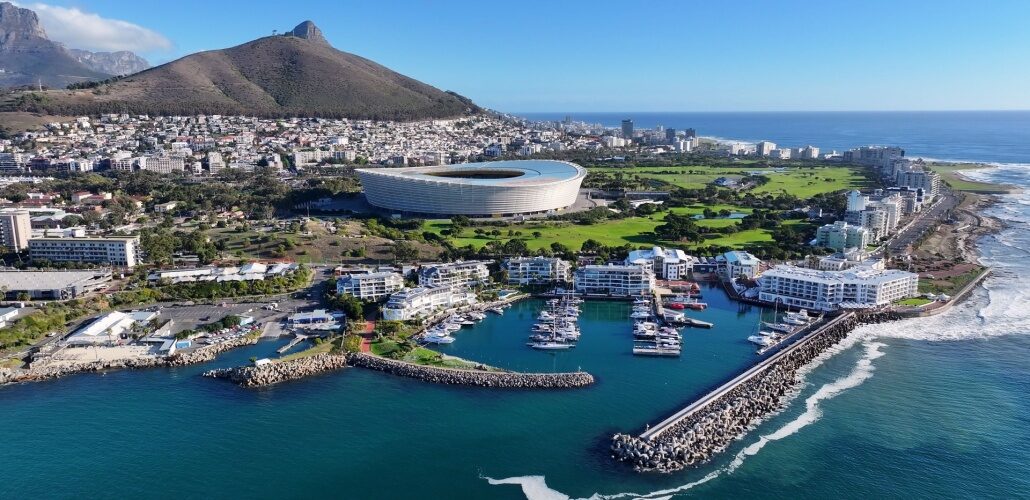$1.5 B loan fuels South African energy reforms
South Africa secures major funding to open its electricity market, scale renewables, and boost transmission and smart metering for a low-carbon future.

Image for illustration purposes
South Africa: South Africa has secured a $1.5 B loan from the World Bank to support wide-ranging reforms in its power sector. The funding will aid the country’s transition from a state-run monopoly to a more competitive, decentralised electricity market while reinforcing energy security and accelerating the shift to a low-carbon economy.
One of the key goals is to unbundle Eskom’s vertically integrated structure, creating a financially and operationally independent National Transmission Company. This move will allow private investors to participate in building and operating transmission infrastructure, potentially adding 200 km of new lines.
The World Bank’s support will also help stimulate distributed generation by enabling households and small producers to export excess electricity back into the grid. Reforms are expected to add 3,500 MW of new renewable energy capacity by March 2027.
Municipal electricity distribution will see improvements as well. A newly introduced grant system aims to deploy 50,000 smart meters, enhancing revenue collection and enabling more efficient energy use. These smart meters are also key to integrating smaller producers into the national grid.
Overall, the programme is designed to open the energy sector to private participation, modernise aging infrastructure, and support climate commitments by expanding clean energy sources. The investment marks a significant step forward in restructuring South Africa’s electricity system and creating a more resilient and sustainable energy future.
Source: Enerdata
#energy reform#ESKOM#loan#National Transmission Company#South Africa#World Bank





